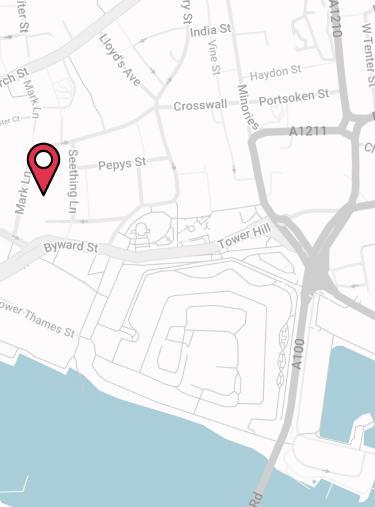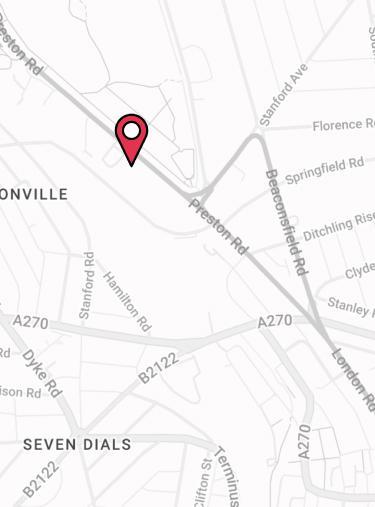
Is Your Sick Pay Sufficient?
When it comes down to safe guarding your income if you have to take time off work due to accident or illness it’s important to fully understand your sick pay entitlement either from your employer or the government (SSP – Statutory Sick Pay).
The weekly rate for Statutory Sick Pay (SSP) is £118.75 for up to 28 weeks
If you’re currently researching a personal insurance policy such as Income Protection and you’re eligible for sick pay from your current employer it’s a good idea to find out the terms of your employment contract so you know at what point in time your sick pay would stop and your insurance policy would kick in (the deferred period).
I Have No Employer Sick Pay
If you’re in a position where you receive no sick pay benefit from your employer you are entitled to receive statutory sick pay from the government. This currently amounts to £118.75 per week and is paid for up to 28 weeks after a claim has been made. As you can imagine, this amount wouldn’t cover many of your basic necessities such as mortgage or rent payments, bills and food.
Take a look at our shortfall chart below to see the difference between our example salaries and the state statutory sick pay benefit.

What Is The Risk Of Accident Or Illness?
Although you might think that it won’t happen to you, there is always a possibility of becoming too ill to work.
In our recent survey we found that 1 in 5 people needed to take off at least 3 months during their working life and an Ageas Protect report found that 1 in 3 people who have been off work for longer than 6 months are still unable to work 5 years later.
Why 3 million workers have turned to income protection
With many of us having limited savings and only a short period of sick pay (if any) more and more workers are turning to income protection insurance to provide the peace of mind they are looking for.
“Income Protection is the one protection policy every working adult should consider.” Which? Money
- Protect up to 65% of your gross income should you be unable to work due to an accident or illness which prevents you from doing your current job.
- Include unemployment cover to protect against the risk of forced redundancy.
- Income protection can protect you right up to your expected retirement age and will pay out as many claims as are needed under the terms of the policy without the cost of the premium increasing.
- It provides peace of mind knowing your income is protected whether you have a short term illness or you have something more serious and are never able to work again.
Income Protection Deferred Periods
Make sure you are deferring cover for the right amount of time
The deferment period is the period of time before your policy will begin to accumulate benefit after you go off work. For example, with a deferred period of one month the policy would start to accumulate benefit between month one and two.
What this means is that as with all income protection insurance plans it usually makes sense to set the deferred period equal to the length of time you would receive full company paid sick leave. Some companies may pay full sick pay for as long as a year but most firms pay minimal sick pay and some companies pay no sick pay at all.
Our Research…
In our Protection Survey we found that 24% of workers reported that they did not receive any employer provided sick pay and over half of the sample (58%) stated that they would receive 3 months or less in sick pay.
The longer you defer your policy from kicking in the cheaper the premiums will be. With this in mind, it’s also a good idea to think about if you could survive for a period of time on any savings or other sources such as a spouses income.
Need Specialist Income Protection Advice?
From simply finding out whether an insurers premiums are guaranteed or wanting to know the claims statistics for a particular provider. To help you find the right policy that suits your needs it’s really is important to speak to a specialist who can guide you through the options.
Why Speak to Us…
We started Drewberry because we were tired of being treated like a number and not getting the service we all deserve when it comes to things as important as protecting our health and our finances. Below are just a few reasons why it makes sense to let us help.
- There is no fee for our service
- We are independent and impartial
Drewberry isn’t tied to any insurance company, so we can provide completely impartial advice to make sure you get the most appropriate policy based solely on your needs. - We’ve got bargaining power on our side
This allows us to negotiate better premiums for you than you going direct yourself. - You’ll speak to a dedicated specialist from start to finish
You will speak to a named specialist with a direct telephone and email. No more automated machines and no more being sent from pillar to post – you’ll have someone to speak to who knows you. - Benefit from our 5-star service
We pride ourselves on providing a 5-star service, as can be seen from our 4074 and growing independent client reviews rating us at 4.92 / 5. - Gain the protection of regulated advice
You are protected. Where we provide a regulated advice service we are responsible for the policy we set-up for you. Doing it yourself or going direct to an insurer won’t provide this protection, so you won’t benefit from these securities. - Claims support when you need it the most
You have support should you need to make a claim. The most important thing when it comes to insurance is that claims are paid and quickly. We are here to support you during the claims process and make sure it’s as smooth and stress free as possible.
- Topics
- Income Protection
Contact Us
125-135 Preston Road
Brighton
BN1 6AF
Cookies
Drewberry™ uses cookies to offer you the best experience online. By continuing to use our website you agree to the use of cookies including for ad personalization.
If you would like to know more about cookies and how to manage them please view our privacy & cookie policy.








